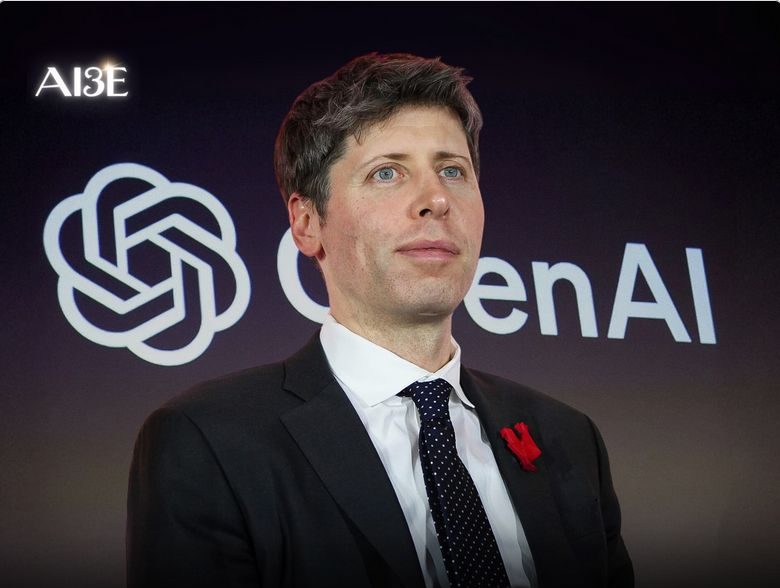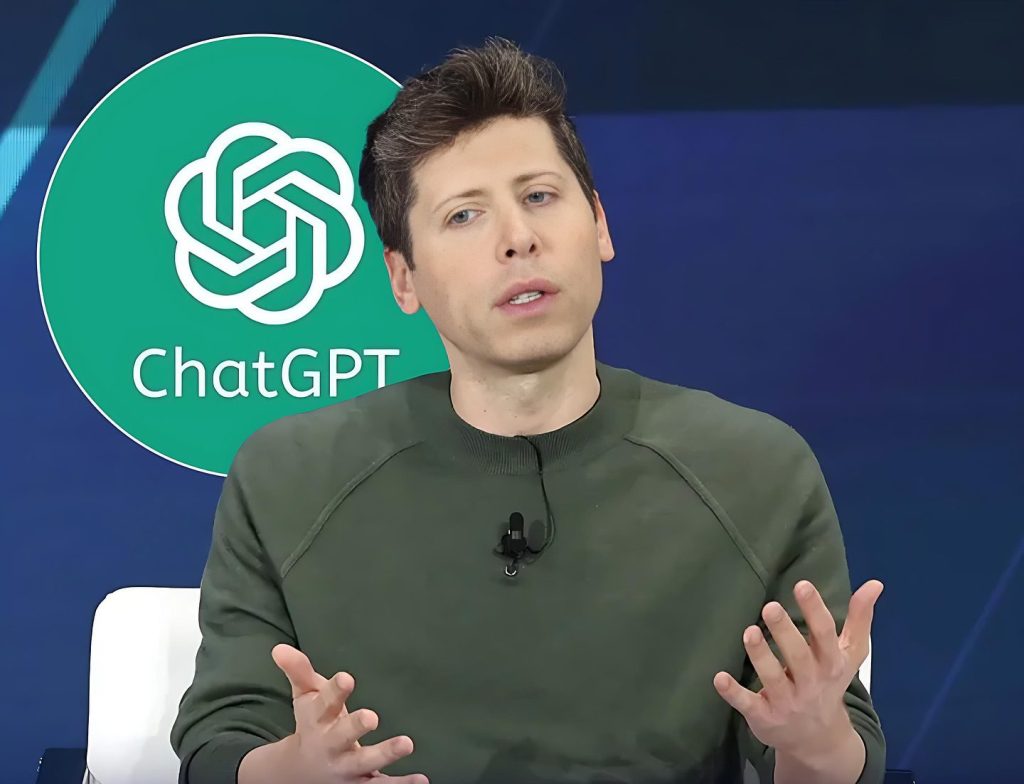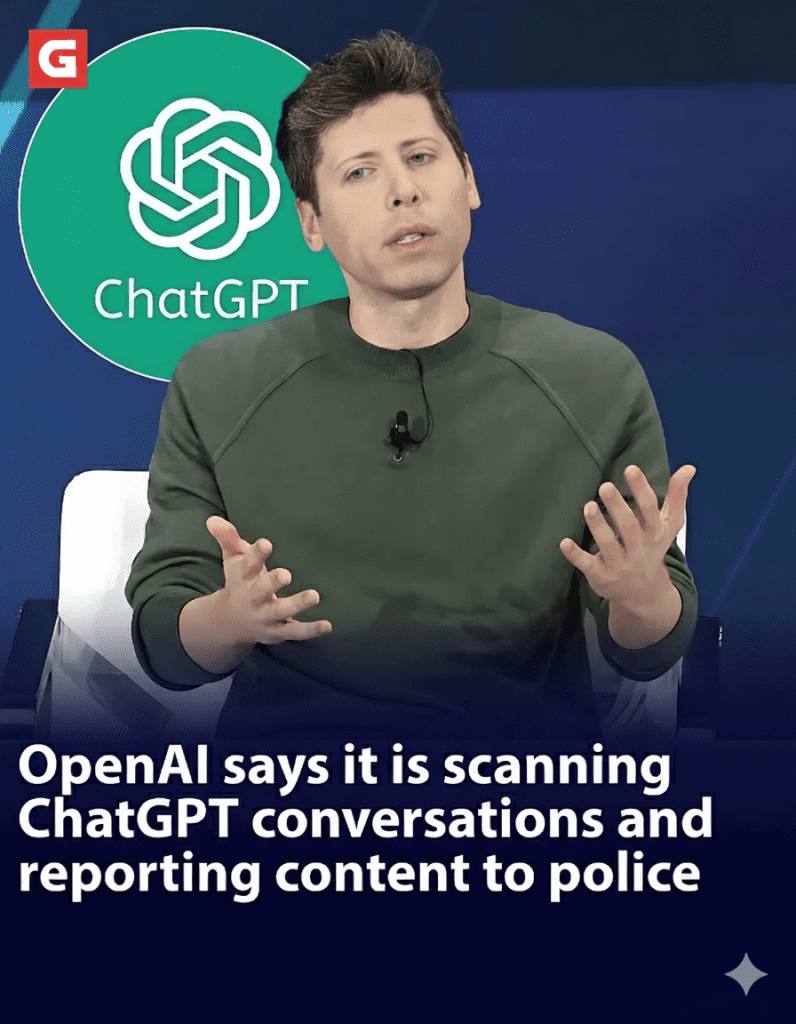OpenAI Confirms ChatGPT Conversations Are Being Scanned and Can Be Reported to Police, Sparking Privacy Concerns for Millions of Users
When people first discovered ChatGPT, it felt like magic. Here was a tool that could write poetry, answer questions, explain complex ideas, or simply chat back when you were bored. It became a daily companion for students, workers, creators, and anyone curious about technology. But a recent revelation from OpenAI has raised serious questions about just how private these conversations really are, and the answer might surprise you.
OpenAI has acknowledged that conversations on ChatGPT are not just stored away quietly. They are scanned, and in certain cases, flagged or even forwarded to law enforcement. This admission comes at a time when OpenAI is also fighting a legal battle with the New York Times, where it has argued that user chats are too private to be shared. That contrast is what caught so many people off guard. On the one hand, OpenAI insists that chat logs are protected from public exposure, yet at the same time, it admits that those same logs are not necessarily confidential if they raise safety concerns.
Sam Altman, the CEO of OpenAI, has already tried to warn people that ChatGPT should never be treated like a lawyer or a therapist. There is no legal privilege protecting what you type, and no matter how personal the exchange feels, it does not have the same safeguards as professional advice. If you confess to something harmful or share content that could be seen as dangerous, the system might interpret it as grounds for action. In some cases, that could even mean a wellness check from the police.

The news has sparked heated debate online. Some people argue that it is a reasonable step, pointing out that any platform with millions of users has a responsibility to act when serious red flags appear. They compare it to social media platforms that alert authorities if someone posts about self-harm or threats of violence. Others, however, feel betrayed. For them, ChatGPT was a place to be open, creative, and even vulnerable. Learning that those words might be read not just by an AI model but also by human reviewers, and potentially by authorities, breaks the illusion of privacy.
It’s worth remembering that ChatGPT has always had content moderation systems in place. The AI doesn’t just generate words freely—it is constantly checked against policies to prevent dangerous outputs. What has changed is the transparency around how user inputs are handled. By admitting that conversations can be scanned and escalated, OpenAI has confirmed what many had suspected but few had fully understood.
This doesn’t mean every joke, rant, or odd thought will trigger alarms. The vast majority of conversations will never leave the system logs, aside from occasional use for training and safety improvements. But the idea that a single message could be enough to prompt outside involvement is unsettling. It challenges the way people think about their relationship with AI tools. ChatGPT feels personal, but it is ultimately a service owned and operated by a company, bound by legal responsibilities and safety standards.

For some, the lesson is simple: don’t type anything into ChatGPT that you wouldn’t be comfortable sharing elsewhere. Treat it less like a diary and more like a public-facing tool, because even though it feels like a private conversation, it really isn’t. That doesn’t mean it loses its value—ChatGPT can still write you poetry in the morning, help you brainstorm ideas for work, or explain a tricky piece of science. But it also means users need to understand the boundaries.
The revelation about scanning and police reporting is not the end of ChatGPT’s story, but it is a turning point in how people view AI assistants. It forces us to think about the trade-offs between safety, privacy, and convenience. And maybe, in a way, that’s a healthy step forward. Technology is powerful, and with that power comes the need for transparency about how it works and what risks it carries. ChatGPT is still extraordinary, but now, it feels a little less like a private friend and a little more like what it really is: a sophisticated tool, with human oversight, operating under the rules of the real world.


